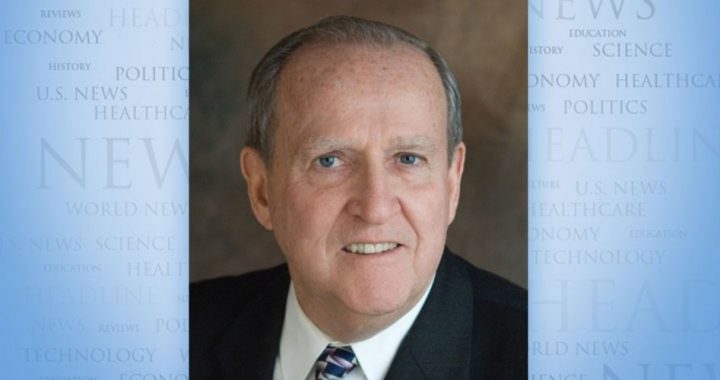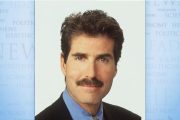
As she has done in the past, Senator Barbara Boxer (D-Calif.) immediately called for changing the way presidents are chosen in the wake of Hillary Clinton’s defeat. She abhors the Electoral College method and wants the popular votes of all Americans to determine who is president. A Clinton backer, she laments that Clinton won approximately one million more votes than did Donald Trump. But Trump comfortably exceeded the required 270 Electoral College votes (306 to 232).
The California Democrat knows that her proposal will likely go nowhere because it can’t be enacted without an amendment to the Constitution. That is a very unlikely prospect requiring passage in both houses of Congress plus ratification by 38 states. Smaller states will jealously guard the power they have been given with the Electoral College system. Boxer isn’t alone in calling for the change. If her wish had been realized a few years ago, Al Gore would have won the presidency in 2000 and Hillary Clinton would have won in 2016. Both of those defeated candidates won more popular votes but lost the all-important Electoral College vote.
Historians tell us that the method of choosing a president resulted from a compromise agreed to by the delegates at the 1787 Constitutional Convention. Understanding why the Electoral College system was chosen has to begin with awareness of the founders’ off-stated abhorrence of democracy and its required majority rule. Also needed for understanding their decision is the fact that it is the states, not the people, who were given the power to choose a president. Then, as now, the smaller states were protected from being overwhelmed by the large-population states. And it should be remembered that the states created the federal government, not the other way around.
The Boxer proposal certainly has its supporters. They want majority rule (the main feature of democracy) to determine who inhabits the White House. But the founders spoke harshly of both democracy and majority rule, and their attitude is obvious in their choice of the Electoral College system. James Madison stated, “Democracies have ever been spectacles of turbulence and contention; have ever been found incompatible with personal security, or the rights of property; and have in general been as short in their lives as they have been violent in their deaths.”
Alexander Hamilton cited his knowledge of history, showing that “ancient democracies in which the people themselves deliberated never possessed one feature of good government. Their very character was tyranny.” John Adams declared, “Democracy never lasts long. It soon wastes, exhausts, and murders itself.” These are the early American leaders who created our Republic and its Federalist system with power remaining in the states, not in the hands of a self-serving majority.
Opponents of the Electoral College always claim that it is unfair to deny the winner of the popular vote the presidential prize. But they never note that if the president were elected by popular vote, the candidates would campaign far differently. If the president is to be chosen by popular vote, candidates would spend far more time in what are deemed the “safe” and larger states where either a Democrat or a Republican is expected to win easily. The Electoral College system elevates the importance of so-called swing states, even those that have fewer than ten Electoral College votes. If democracy’s majority rule is the method for choosing a president, there would likely be a remarkably different popular vote total for each candidate. But, without doubt, the candidates would ignore small population states such as New Hampshire and Iowa with their small number of Electoral votes.
There’s very little chance that the Boxer proposal will catch fire and be added to the Constitution. The founding fathers were correct and the Electoral College they designed is an excellent way to choose the nation’s leader. It should be left in place.
John F. McManus is president emeritus of The John Birch Society. This column appeared originally at the insideJBS blog and is reprinted here with permission.



